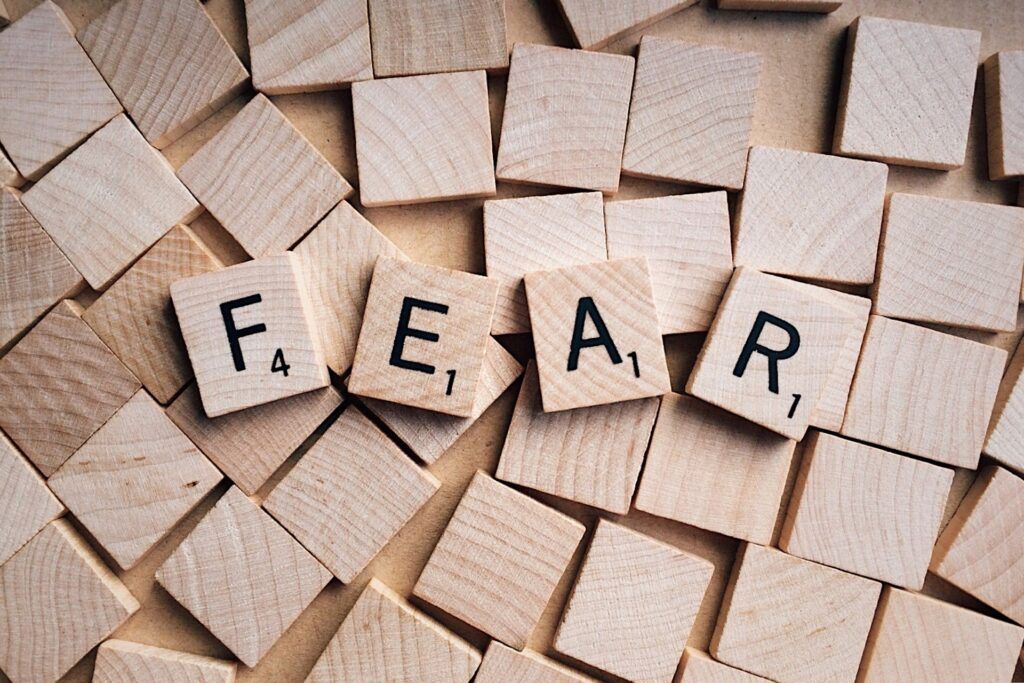When you have lived with imposter syndrome all of your life, but didn’t realise it is an actual “thing” the relief that you feel when it turns out it’s not just you, and that there are ways to combat it, is life changing.

Impostor syndrome (IS) refers to an internal experience of believing that you are not as competent as others perceive you to be. While this definition is usually narrowly applied to intelligence and achievement, it has links to perfectionism and the social context.
To put it simply, imposter syndrome is the experience of feeling like a phony—you feel as though at any moment you are going to be found out as a fraud—like you don’t belong where you are, and you only got there through dumb luck. It can affect anyone no matter their social status, work background, skill level, or degree of expertise. (source)
I struggle with imposter syndrome and have all of my life. It has got worse into adulthood, because you are supposed to be an adult, and the world seems to expect you to be able to handle life, and all the responsibilities that brings, and outwardly, I may seem fine, but inside my head is a mess of doubt, anxiety, worry and the almost constant fear that you are failing, but everyone seems to think you are able to manage, and that at some point the world is going to realise what a fake disaster you actually are.
For me, imposter syndrome manifests itself in:
- My work life – I work with families in the the community and with parents and children. I feel that at some point someone is going to realise that I don’t actually have a clue what I am doing and really shouldn’t have a job where other people look at me to be the one in charge or at least running the show. I can offer advice, support, and help, but all the while inside my head is a running barrage of voices telling me what a disaster I am, that I am not qualified or capable and that someone else could do things better.
- As a parent – the imposter syndrome feeling is STRONG. I think most parents struggle with a milder form of this, being a parent is challenging, but for me, it’s almost a constant feeling that at some point someone is going to wake up and realise that I really shouldn’t be parenting my children and that someone else could do a better job.
- In my marriage – again, I battle with feelings that the husband will one day wake up and decide that he’s had enough and needs someone who will be a better wife. That’s hard to balance rationally.
- In friendships and life – I struggle with relationships and always have, we now know there are underlying causes for that, but it’s hard for me to manage and maintain friendships when I feel that at any given point people will wake up, and decide that I am in fact a fake, an imposter and that I am not worth their time.
Living with imposter syndrome is hard. Some days it’s not a struggle and other days, depending on what I am doing, who I am with, and where I am at, it can feel like I need to escape before someone realises the real me is a giant fake.

But it’s not hopeless. There is help, and therapy and support have helped me to learn how to deal with imposter syndrome and the ugly thoughts that fill my head.
Would you like to know how I deal with it?

Sorry to hear you feel this way. I went through life thinking the opposite, alwasy having to prove myself to others, esp family. Now I don’t worry about what they think or feel. I’m starting a job as a Teaching Assistant this week. I know I can teach but I don’t want to anymore. Thanks for linking with #pocolo